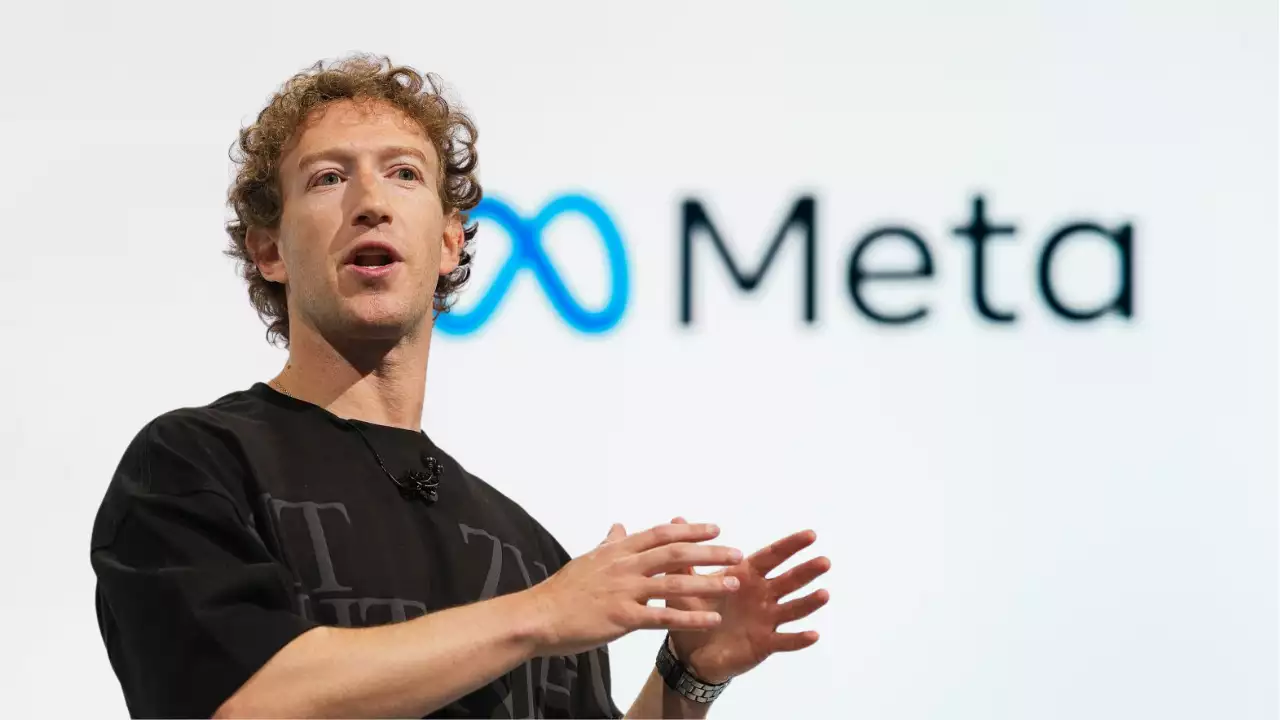n a recent appearance on the Joe Rogan podcast, Mark Zuckerberg, CEO of Meta, ignited industry-wide conversations with his provocative views on AI’s evolving role in engineering and its implications for tech companies like Meta. His bold assertion that AI will soon perform the functions of mid-level engineers by 2025 has both intrigued and alarmed the tech community.
AI and Engineering Efficiency
Zuckerberg predicted a near future where AI technologies could effectively replace mid-level engineers in writing substantial portions of code for various applications. This leap in technology is expected to boost productivity by automating routine coding tasks, thereby allowing companies to focus on innovation and reduce dependence on human coders. The potential for AI to transform software development is immense, promising not just streamlined operations but also substantial cost reductions over time.
Implications for Job Security and Role Transformation
These developments naturally raise concerns about job security among software engineers. The anxiety around AI potentially making traditional coding roles redundant is palpable. Yet, Zuckerberg offered reassurances, suggesting that the future will see engineers shifting towards more creative and strategic functions. He emphasized the enduring need for human oversight to manage and guide AI systems, ensuring that they enhance, rather than compromise, technological innovation and quality.
Industry Perspective on Automation in Engineering
Zuckerberg’s views are echoed across the tech industry, signaling a significant shift towards automation. Leaders like Salesforce CEO Marc Benioff have also remarked on the increasing momentum towards integrating AI in engineering roles. By 2025, there could be a major shift in hiring practices, with a focus likely to tilt more towards enhancing automation capabilities rather than expanding human engineer teams.
Read More:
Bluesky Targets TikTok Users With New Features
Navigating Challenges in AI Integration
Despite the promising outlook, the integration of AI into engineering is not without its challenges. The initial phases of adopting AI technologies are likely to be marked by high costs and complex integration processes. However, as AI technologies evolve, they are expected to become more affordable and user-friendly, which could dramatically alter the technological landscape. This shift will require a high degree of adaptability from both companies and their employees.
As we approach this transformative era, the tech industry stands on the brink of a major evolution. Companies that can effectively leverage AI to enhance efficiency while also fostering human talent will likely lead the charge into this new frontier, reshaping the future of engineering and beyond.









